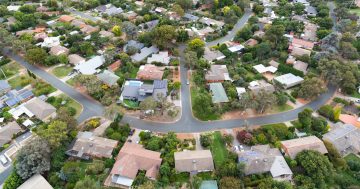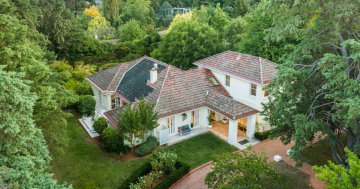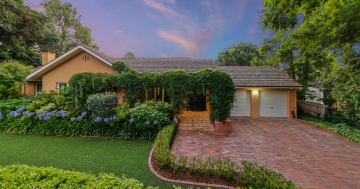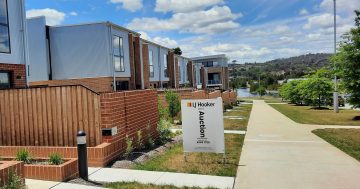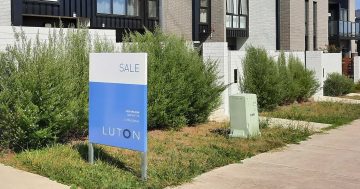Housing prices in Canberra continue to soar, as evident today by the sale of a three bedroom house in Canberra’s inner North for almost $700,000. This begs the question – will Canberra’s property prices become affordable to the hundreds of first home buyers in the region? If not, how can this be achieved?
In the short term, its anyone’s guess as to whether prices will fall or continue to rise. What is certain is that $700,000 can buy you a two bedroom ocean front property on the NSW north coast; a beautiful three bedroom unit on Melbourne’s North Bank Yarra, or a high level, two bedroom unit overlooking the Brisbane river and a stone’s throw to the CBD.












